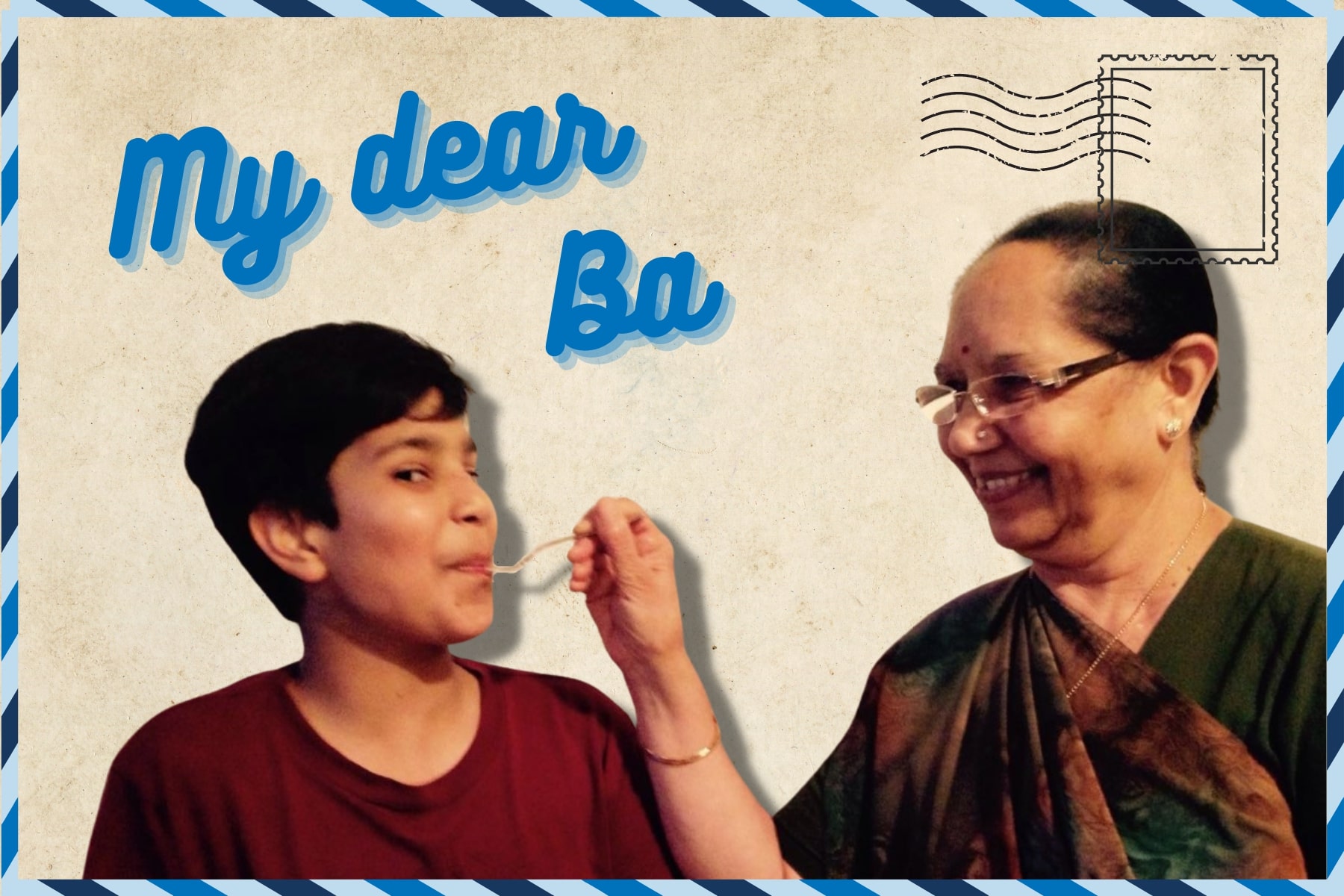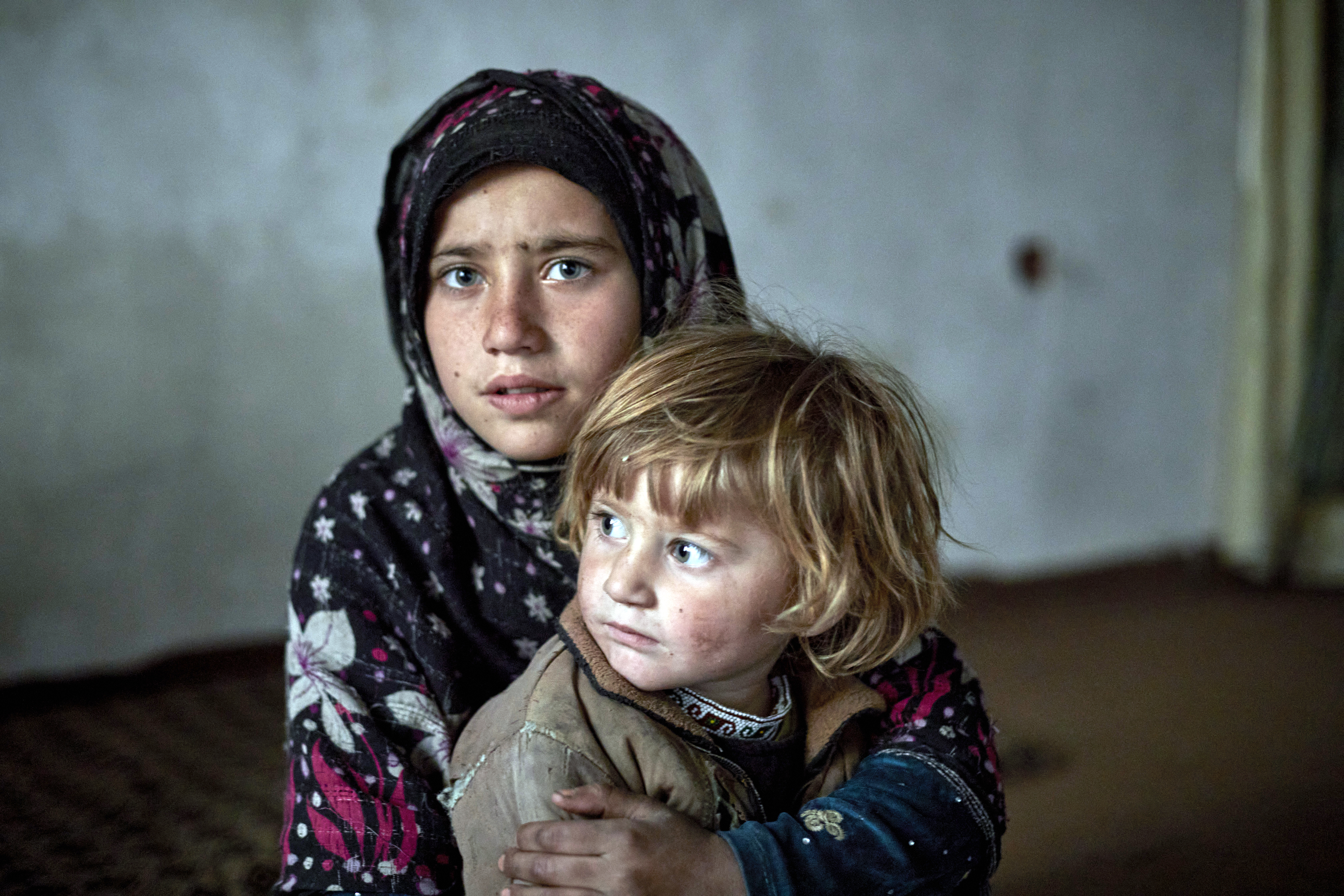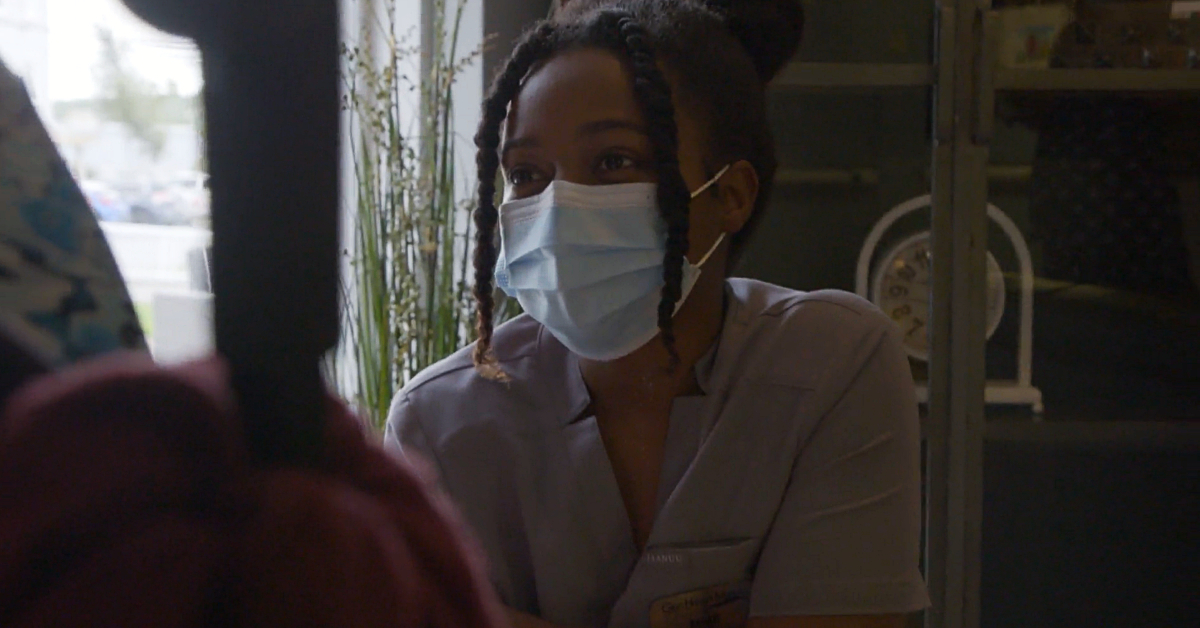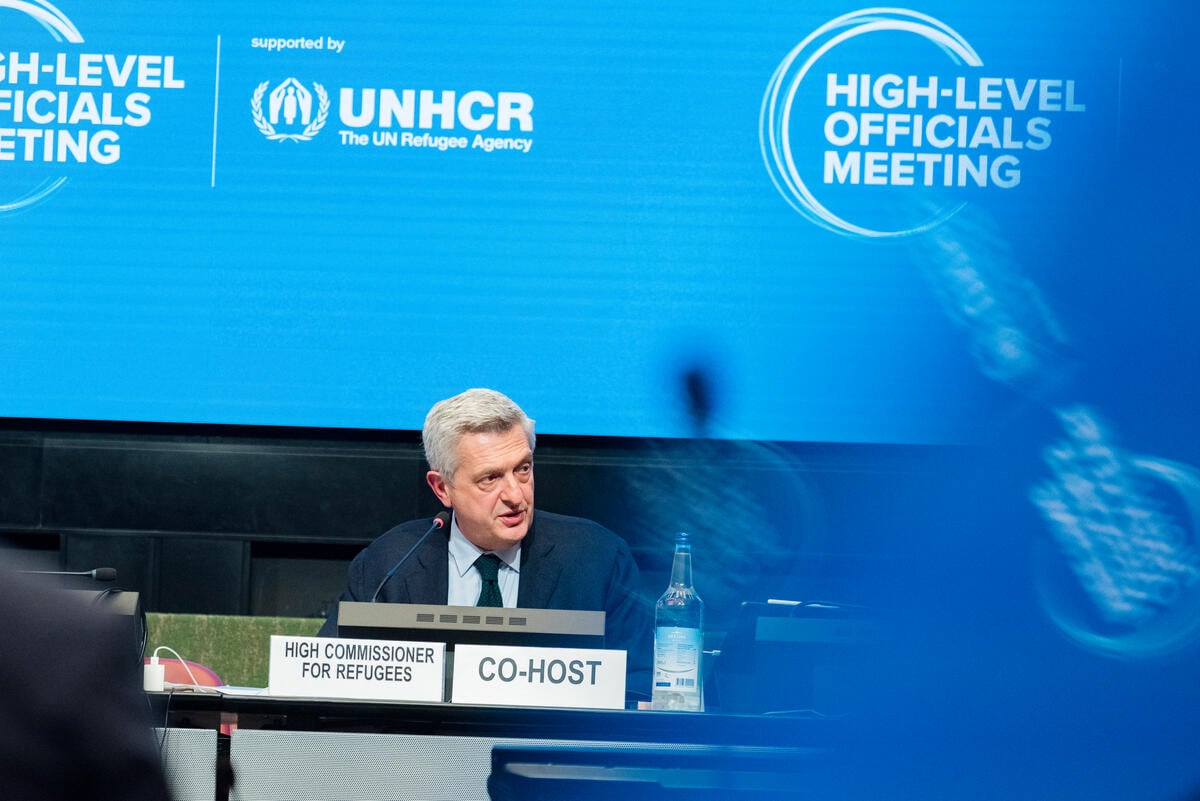No crime, no sentence, but refugees in Bangkok languish in detention
No crime, no sentence, but refugees in Bangkok languish in detention

BANGKOK, Thailand, July 9 (UNHCR) - Bhumika Dhakal, a tall, capable 12-year-old Nepalese refugee girl was sweeping the floor and looking after her three younger sisters when police knocked on the door of their home before breakfast two years ago and carted them away.
"My parents had gone out and told me to clean up," she recalls now from inside Bangkok's crowded Immigration Detention Centre (IDC). "There was also a Sri Lankan woman rounded up. She asked if she could go to the park to get her children before we were taken away. She also told me it was a good idea to take some clothes, so I packed a small bag quickly. My nine-year-old sister was crying but the rest of us, even the two-year-old, just all got into the van quietly."
Despite the fact that the family all had refugee protection letters from UNHCR - the parents were arrested later in the day when they returned home - they languished in the IDC for two years, about the average time for refugees arrested in Bangkok. Although the Thai capital is now home to 2,150 refugees and asylum seekers (separate from some 112,000 refugees from Myanmar who live in remote camps in northern Thailand), urban refugees here live in fear of arrest.
Thailand regards all urban refugees as illegal migrants if they do not have valid passports and visas. Last year, UNHCR managed to win the release of about half of those arrested by Thai police.
The real problem arises when they are transferred to the IDC - where some 189 refugees now reside - because detention there is indefinite, despite the fact that the refugees have committed no crime. Two refugees have been held there for seven years and still see no hope of release.
"I felt like I died," says Bhumika's father, Ghanashyam Dkakal, when he found out his children had been locked up and that the same fate awaited him and his wife. "The basic problem is the education of the children. These girls should be studying, not spending two years in cells."
He is detained in a men's cell separately from his wife, who stays with the four girls, now aged four to 14, in a cell intended for 150 but now housing 400 women and children. Ghanashyam says he can't understand why the family was arrested, and does not know what purpose their prolonged detention is serving. It's a special anguish not to know how long they have to stay here.
The mental pressure caused by their legal limbo and the reality of the crowded cells mean that "from the time we have been at IDC, the children have been able to sleep maybe 50 percent of the time."
Sleep is also a major issue for a Sri Lankan woman who's spent almost two years in IDC, longer than she was married to her husband before they were arrested together. "There is not enough space to lie down. For two or three days I have to sleep sitting up, so I have developed back problems," says 24-year-old Mathi.* Detainees complain that cells are crowded and that there are only four latrines for the 400 people.
The torment of detention is compounded by "having no idea how long we will stay here," says Mathi's husband, Sivanathan.* "I feel my life is finished," the 38-year-old Sri Lankan says. "All I did was come and ask protection from the UN. I keep thinking, what mistake did I do?"
Now held in a separate cell from his wife, allowed to see her for only one-and-a-half hours a week, he's wracked with guilt that he inadvertently aggravated her suffering. "When we were outside, my wife wanted to have a child very badly. I used to tell her, this is not a proper country for us. We will go for resettlement in a third country and then we will plan to have a child." He's not sure that day will ever come.
For her part, Mathi's dreams are modest. "Most of the ladies don't get a good husband, but I got a good husband who doesn't have any bad habits. But I can't live with him. I don't know if I will have to live my whole life alone. I will be grateful to you if you just let me live with him."
For Ghanashyam, his wife and four daughters, detention suddenly came to an end in early July, when they flew out of Bangkok to begin life anew in New Zealand under UNHCR's third-country resettlement programme. Before he left, he had a plea for the world: "No country should put people into cells if they know refugees have international protection. If any government could show some amnesty, some sympathy and not arrest refugees like us, it would be a conquering day."
*Names changed for protection reasons
By Kitty McKinsey in Bangkok, Thailand








